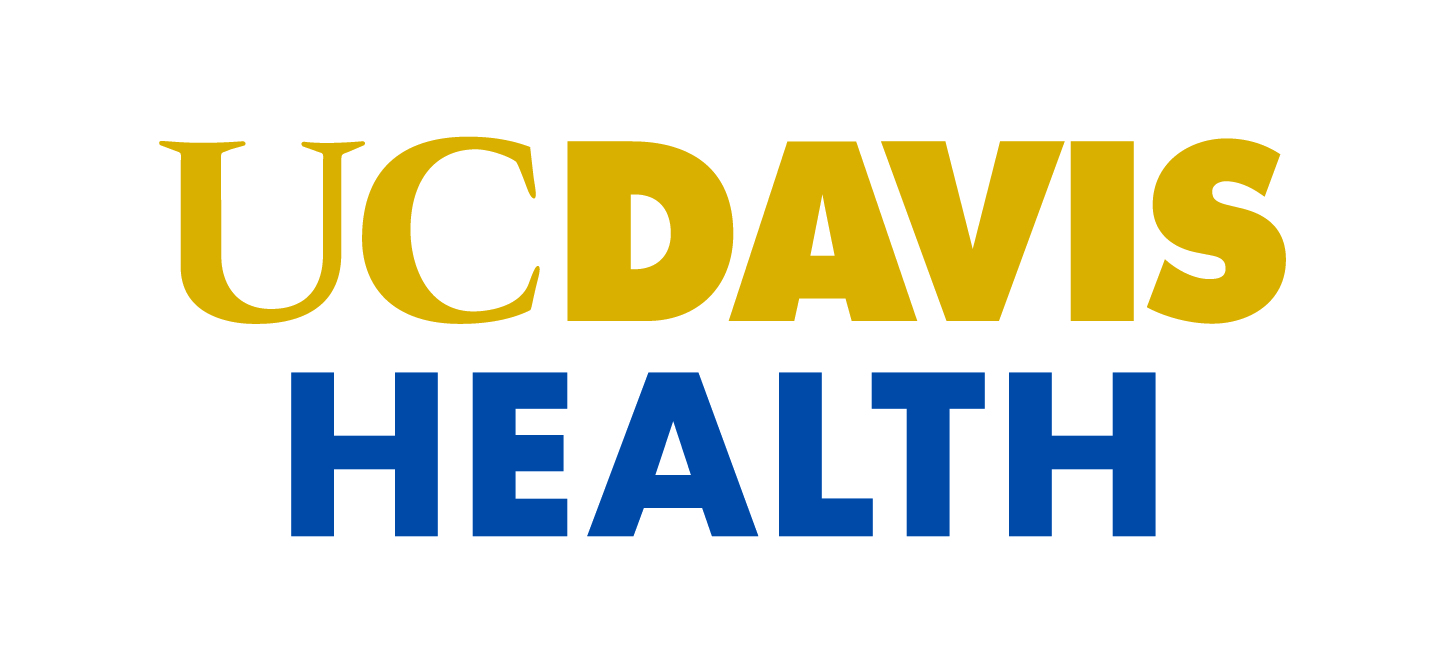Newswise — Satya Dandekar, professor of microbiology and the chairperson of the Department of Medical Microbiology and Immunology at UC Davis, has received a prestigious MERIT award from the NIH National Institute of Allergy and Infectious Diseases (NIAID).
MERIT stands for Method to Extend Research in Time. The National Institutes of Health (NIH) presents MERIT awards to outstanding investigators for their superior competence and stellar records of scientific achievement.
“Dr. Dandekar has been a pioneer in cutting-edge HIV research for decades. All of us at UC Davis School of Medicine are very proud that her extraordinary work and significant contributions to understanding and treating infectious diseases has been recognized by the NIH,” said Allison Brashear, dean of the UC Davis School of Medicine.
Dandekar, who holds a joint appointment in the Department of Internal Medicine and the Division of Infectious Diseases in the UC Davis School of Medicine, received the award for her critical work on mechanisms of HIV and viral persistence.
A remarkable journey of HIV research
Dr. Dandekar's research identified molecular mechanisms by which HIV exploits and rapidly impairs gut mucosal immune defense and establishes persistent infection in the host. The new NIH funded research study will investigate mesenchymal stem cells, primarily found in bone marrow, as a potential therapy for eradicating HIV infection.
She began studying disease mechanisms of HIV, the virus that causes AIDS, in the early 1990s when contracting the disease was considered a death sentence. With the development of highly active antiretroviral therapies, AIDS has become a chronic, rather than fatal illness. But a cure — a treatment that completely eradicates the virus — remains elusive.
Dandekar’s research was the first to show the direct and devastating impact of HIV on the gut and its ability to establish permanent residence. Within just a few days to weeks of infection, the virus damages the gut epithelial lining and impairs the gastrointestinal mucosal lymphoid tissue, which are critical for generating the body’s immune response for defending against infections.
“The gastrointestinal track harbors more than 80 percent of lymphoid tissue in the body,” said Dandekar. “When the gut lymphoid tissue is disrupted, it fails to provide a functional platform for effective host immune interactions with the viral antigens, resulting in incomplete clearance of the virus.”
The findings from her laboratory were the first to show the benefit of initiating anti-retroviral therapy in early stages of HIV infection, leading to rapid immune recovery and better control of the viral infection. The findings changed treatment protocols for HIV.
“At the time we performed the study, it was not common practice to start anti-HIV therapy early in the disease. The protocol was to start therapy after patients had substantial loss of CD4 T-cells in blood and had advanced infection,” said Dandekar. “But our study showed that starting HIV treatment early led to an impressive level of repair and restoration of the gut epithelial lining and immune cells. We have continued our research efforts to find ways to repair the leaky gut in HIV infection and enhance the function of the gut immune system to eradicate the virus.”
During the tenure of Dandekar as the chairperson of the UC Davis Department of Medical Microbiology and Immunology, the department has established an outstanding leadership in the field of mucosal infections and mucosal immunity, and has risen nationally to the top 17th rank for NIH research funding among all the medical microbiology and immunology departments in the country.
“Immunity at mucosal sites is critical because many viral pathogens, such as SARS-CoV-2, HIV and influenza virus, enter the host through mucosal surfaces, including the nose, gut, lungs and reproductive track. This is the onset of devastating illnesses to follow,” said Dandekar.
For her new NIH-funded study, Dandekar is hoping to move ever closer to finding a cure for AIDS.
“Antiretrovirals can suppress the production of the virus, but they have no capacity to repair the disrupted lymphoid microenvironments that are needed for the immune system to eradicate the virus,” said Dandekar. “With this study, we will investigate the use of mesenchymal stem cells to repair virus-induced lymphoid damage and revive and boost anti-viral immunity. A combinational approach will be used for achieving viral eradication.”
Dandekar has served as a member of the NIAID Advisory Council as well as on the subcommittees of the council. She has continued to serve as a reviewer for the NIH review panels and scientific journals and on the scientific advisory boards. She has supported international scholars and collaborative HIV research programs. She is a strong advocate for diversity and inclusion and has mentored junior researchers and faculty. She was awarded the School of Medicine Dean’s Award for Excellence in Mentoring. She is an American Association for the Advancement of Science (AAAS) Fellow.
